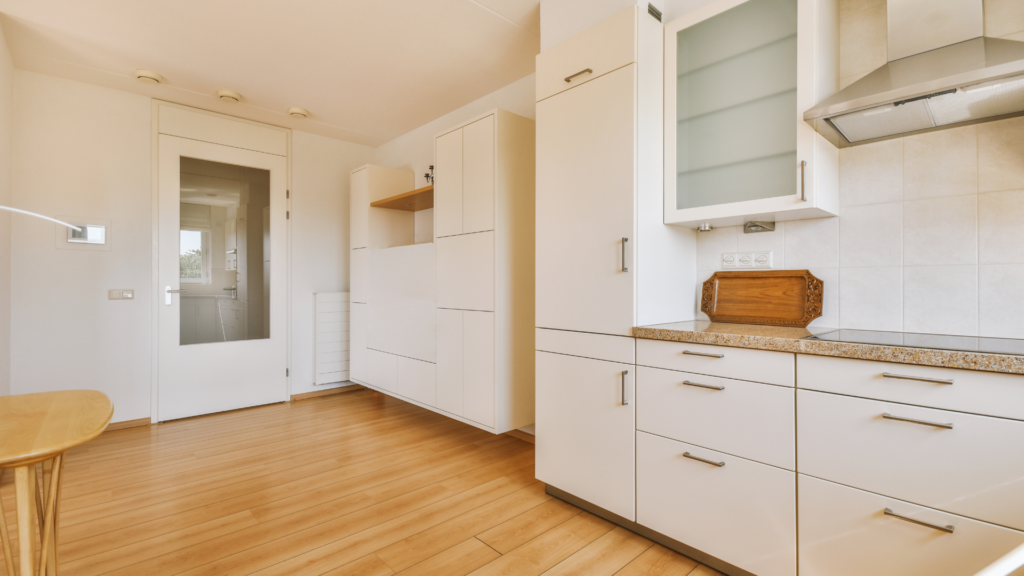
As a landlord, dealing with a sudden departure or an abandonment of a dwelling can be complex. Whether due to financial difficulties, unexpected moves, or a lack of communication, it’s essential to know how to respond while respecting the legal framework.
Confirm the abandonment before taking action
Before doing anything, make sure it isn’t a temporary absence. Clues such as an emptied dwelling, unpaid rent, a disconnected Hydro account, neighbours reporting a moving truck, or the tenant not responding can justify suspicion.
How to confirm a departure
For the situation to be considered a departure, two conditions must be met. First, the rent must be unpaid. Second, the dwelling must be empty. You must therefore be able to demonstrate that the tenant no longer lives there, for example by observing the absence of furniture, personal belongings, or even a mattress. When both conditions are met, the lease is automatically terminated. There is no need to obtain a decision from the Tribunal administratif du logement (TAL) to confirm it.
However, it’s important to properly document the situation: take photos of the empty unit, keep all exchanged or unanswered messages, and if needed, change the locks to safely regain control of the dwelling.
Recovering your losses
After a departure, it’s important to act quickly to re-rent the unit and thus limit financial losses. Before putting it back on the market, you can of course make any necessary repairs if there was damage. Once the dwelling is rented again and a new lease is signed, you can file a claim for re-rental compensation and damages with the TAL. This process allows you to claim losses incurred due to your former tenant abandoning the unit.
In this claim, you can include various types of losses, such as:
Unpaid rent;
Costs related to finding a new tenant (for example, screening fees);
Bank charges or other expenses incurred;
And property damage caused to the dwelling, if applicable.
Acting quickly and keeping all your evidence will make the process easier and increase your chances of obtaining compensation.
Prevent to better manage
Regular contact with your tenants and good documentation of exchanges can help you prevent this type of situation. Being proactive in managing your leases allows you to detect early signs of a sudden departure.
Handling an abandonment of a dwelling requires diligence and caution. By following the right steps and respecting legal obligations, you protect your rights while avoiding unnecessary legal complications.
See also: